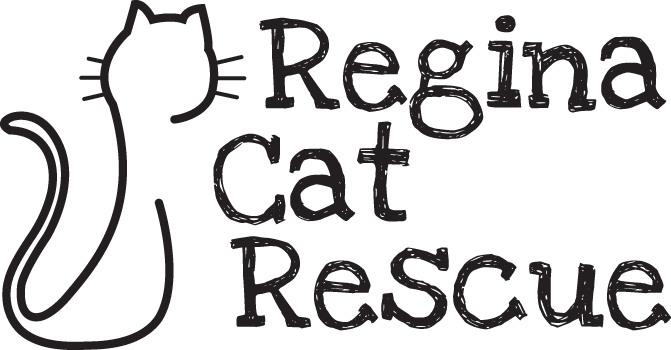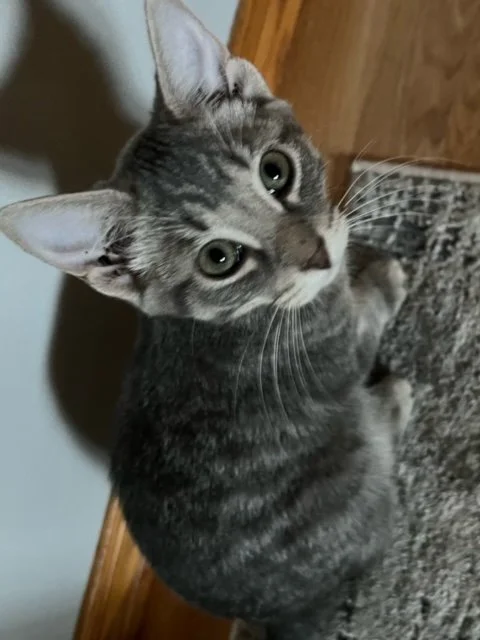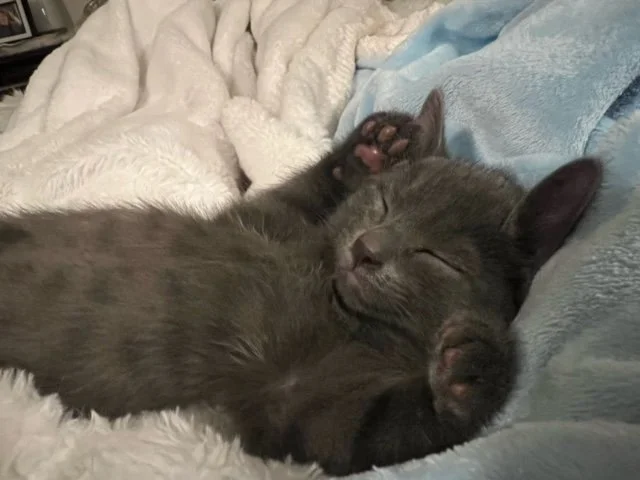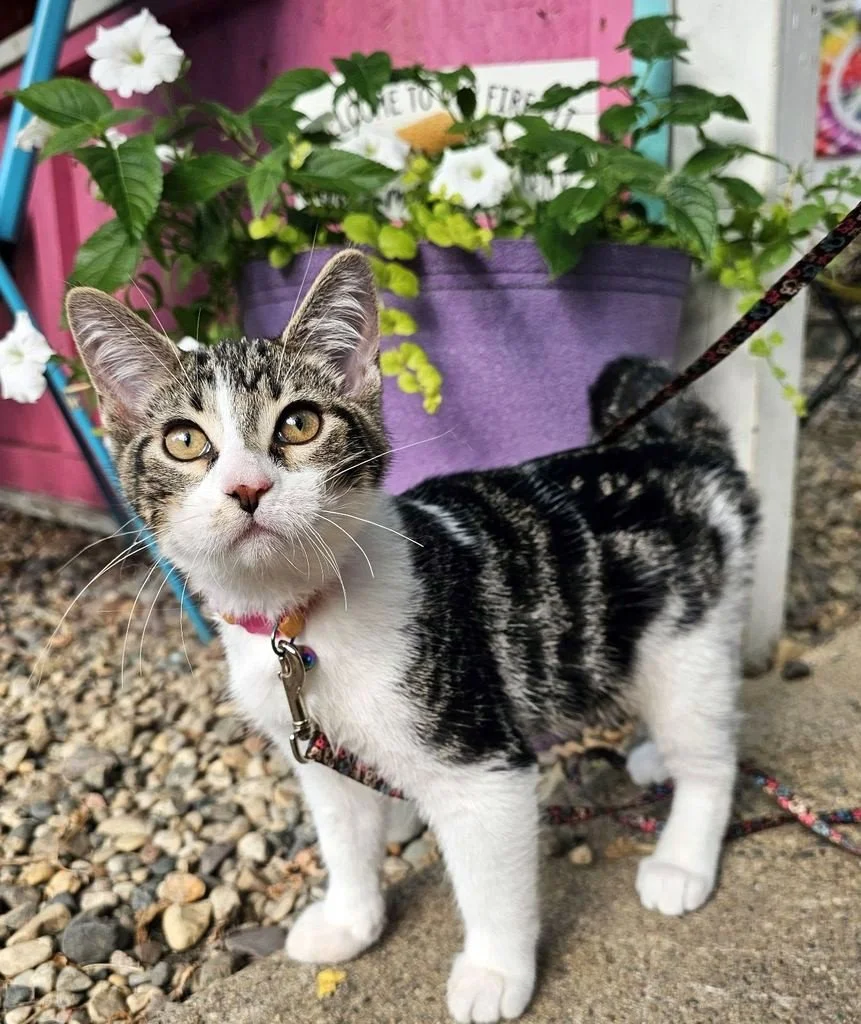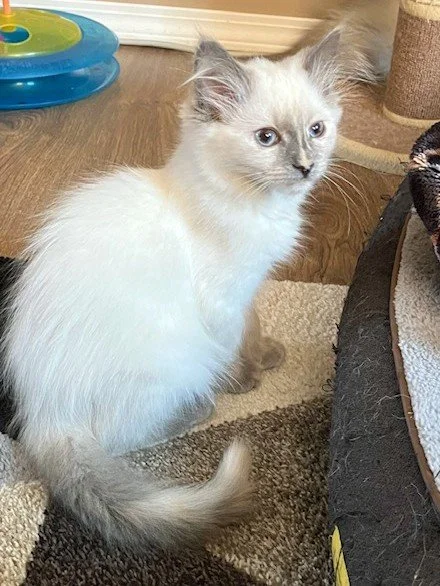Intake Policy and Procedure
/Revised November 2018
The Intake Policy applies to all intake requests.
Regina Cat Rescue will endeavour to respond in a timely and effective fashion to rescue requests for Regina street cats (within a 30 kilometre radius of the city. Rescues beyond this geographic area may be made with Board approval.) RCR is a 100% volunteer organization without shelter facilities and, therefore, cannot provide emergency services to the public. Members of the public are required to complete the intake request form found on the Regina Cat Rescue website.
RCR will endeavour to preserve the life of each cat that comes under its care, to the best ability of those members involved in the rescue and care of the animal, within the confines of the organization’s finances. RCR will endeavour to ensure all cats that come under its care are free from an unreasonable degree of pain or suffering, even when this must result in euthanasia.
RCR will place rescued, socialized animals in an approved foster home or approved satellite adoption centre at all times, unless in the case of a special need, at which time a designated volunteer of the Pet Rescue Team will perform an emergency screening and authorize temporary placement in a suitable environment, which may include boarding at a veterinary clinic.
RCR will endeavour to ensure that cats are healthy before placing them in foster care.
RCR will post a description, photograph (if possible) and details of rescued cats on the appropriate found sites and report to the Regina Humane Society (RHS), as well as undertake all other reasonable efforts to locate a current owner.
RCR will notify the RHS in cases where there is concern about the treatment or welfare of animals in any situation, whether indoors or outdoors, especially in those cases where attempts to correct the situation are ineffective due to non-compliance - i.e. an RHS animal control officer must be notified. RCR does not have the authority to remove owned pets from unsafe or neglectful situations. If volunteers are aware of situations of possible abuse or neglect, the Regina Humane Society must be notified.
An RCR volunteer finding a sick or injured animal on a feeding route or elsewhere should facilitate a rescue immediately and take the animal to one of the RCR approved veterinary clinics. The Community Cat Team or Pet Rescue Team chairs must be contacted as soon as possible and provided all relevant facts of the situation. The applicable program chairs will consult with the clinic, and make decisions for the veterinary care of the injured animal as per the Veterinary Authorization policy.
RCR does not “re-home” companion animals except in extenuating circumstances and if we have the financial resources and space to accommodate them. Examples where an exception may be made include 1) seniors who have passed away or are forced to leave their home to move into seniors’ housing with no-pet policies, 2) pet owners who are stricken with debilitating or fatal illnesses and can no longer care for their pets, or 3) women who have left a domestic violence situation. An Intake Application must be completed and forwarded to Pet Rescue. The Pet Rescue Team makes the final decision as to available resources.
A Community Cat Team volunteer finding a tame cat on an RCR feeding route must contact the Community Cat Team committee chairs, who will contact the Pet Rescue program chairs to inquire about foster or boarding availability. Note: the volunteer should not contact the Pet Rescue Team chairs directly unless it is an emergency situation. Options for the Community Cat Team volunteer finding a tame cat for which there is no immediate placement option within the Foster-Adoption program are as follows:
Companion animals may be placed on the wait list for foster placement. In the interim, and in consultation with the Community Cat chairs, the animal can be photographed and posted on the appropriate found sites, and other efforts made to find a current owner. After the applicable recommended “72-hour hold” period has passed, sterilization and tattooing/microchipping may be carried out. In the case of a tame cat, the cat may be returned to the home neighbourhood or territory until such time as a foster care placement becomes available. Advantages to this approach are that there is less chance of fighting and disease transmission, and cats are readily identifiable as RCR “property” by the RHS should they be brought into the shelter. Stray cats with identification such as a tattoo or microchip must be held for 10 days before being put up for adoption, unless an owner is reached and agrees to surrender the cat.
RCR may opt to take in “special needs” cats on a case-by case basis, and dependent upon available resources at the time. RCR must formulate an individualized plan to accommodate a “special needs” animal and facilitate an appropriate placement around the time the case is being reviewed. Each such case should be discussed with a veterinarian to determine a diagnosis, prognosis and estimate for cost of care. The Pet Rescue Team will bring a recommendation to the Board of Directors for a decision. “Special needs” cases can also be defined as involving animals that are not readily adoptable and to which one or more of the following apply:
Are not adaptable to traditional foster care (being indoors) due to having a semi-feral or timid nature but cannot remain in home territory for some compelling reason.
Have serious, chronic health issues such as diabetes or other “high maintenance” and “high cost” conditions incurring expensive veterinary care and/or requiring long term or specialized foster care placements.
Are not expected to become adoptable within a reasonable period of time and/or are anticipated to exceed a six-month time period in foster care (this is highly unpredictable).
Community Cats entering through the Pet Rescue program
Community cats where intake was facilitated by the Pet Rescue Team will be added to the Community Cat Team’s intake and sterilization statistics.
Such cats will thereafter become Community Colony cats and will fall under the Community Cat Team’s responsibility.
Tame cats entering through the Community Cats program
Tame cats where intake was facilitated by the Community Cat Team will be added to the Pet Rescue Team’s intake and sterilization statistics.
Such cats will thereafter enter the Foster-Adoption system and will fall under the Pet Rescue Team’s responsibility.
